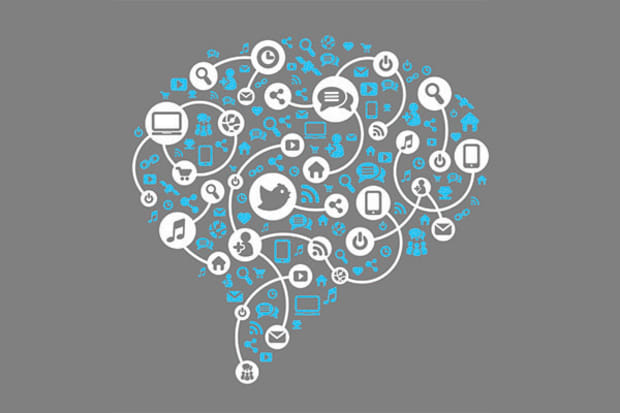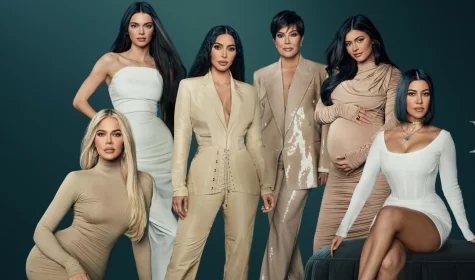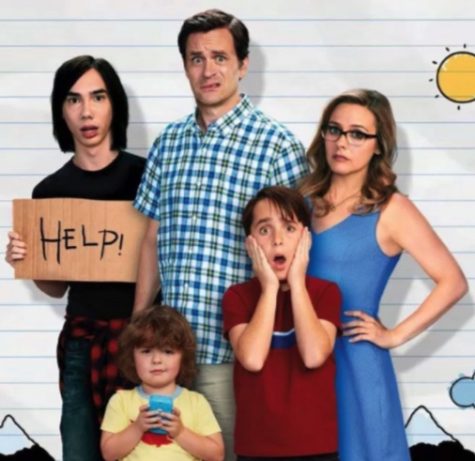How social media negatively affects our critical thinking
It is no secret that social media is detrimental to everyone for many different reasons: from general internet safety, to causing insecurities or becoming a major distraction. However, the negatives of social media go even deeper than that. Social media can have a large impact on people’s perspectives, opinions and the way they view the world — especially teenagers.
In recent years, social media creators have done a really effective job of creating algorithms that can keep track of what you engage with, and provide more content based on your preferences and interests. This ensures that you continue using social media, since you are constantly being provided with content that interests you or that you agree with. Exposure to only one perspective can lead to what are called echo chambers, or situations in which one’s beliefs are constantly reinforced by the people around them, rather than hearing other opinions.
The problem with social media echo chambers is that they discourage critical thinking. By only being exposed to people who agree with you, you are prevented from considering other perspectives, which perpetuates close-minded attitudes. Since social media users are used to seeing content they agree with, the first opinion that they see on a new issue is the one they are most likely to agree with, despite not hearing opposing thoughts. The overarching issue is that people are content with being told what to think.
Social media echo chambers are the most common and most harmful side effect of regular social media usage, especially in regards to political opinions. This in turn creates an increase in polarization, widening the gap between opposing sides.
Recently, the term “chronically online takes” has resurfaced on social media. This concept refers to opinions that only seem to exist online, and lack the support of real world experience. Usually, it takes the form of calling things problematic. A popular example is a Tiktok user who claimed that using elevators when you are able bodied is ableist. Another claim that went viral was that being attracted to anybody is problematic if it is non-consensual. Ironically, chronically online takes are problematic themselves, successfully undermining actual issues that should be called out. There has been an especially large surge of chronically online takes during COVID, as many teens spent a majority of their free time on social media.
This phenomenon is nowhere near unprecedented. Social media users have been falling victim to this cycle for years, but with the increase of social media engagement amongst younger audiences, this problem is only bound to get worse.














Quinten Seghers ~ Sep 28, 2021 at 4:39 pm
I’d just say that teenagers should overcome these issues by taking everything they see on social media with a grain of salt. Instead of basing their opinions on what they see on social media instead they should base their views on their real-world experiences and conversations with people in real life! That’s the only thing they can realistically do besides getting off of social media entirely which is not feasible for most teens. These echo chambers are built into the design of social media apps. They automatically give you content based on what you like to see and hear. Sooo good luck to teens!
Anonymous ~ Sep 26, 2021 at 6:18 pm
Well put. These echo chambers are going to have a hugely detrimental impact on creativity in the long run. Unfortunately the social media companies, while fully aware of the damage they are causing, are deliberately using these strategies to increase engagement and revenue.
How do you suggest teenagers overcome these issues?
Anonymous ~ Sep 25, 2021 at 4:02 pm
I often find myself falling prey to this! I think that it’s really useful to see opposing viewpoints. As painful as it is, I even read fox news sometimes.